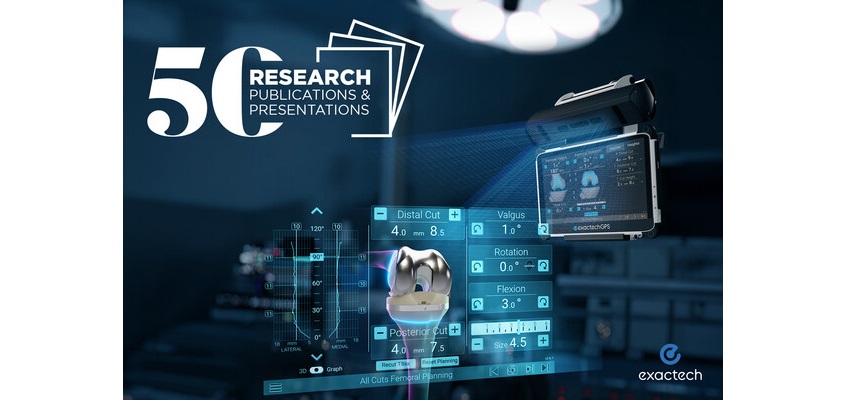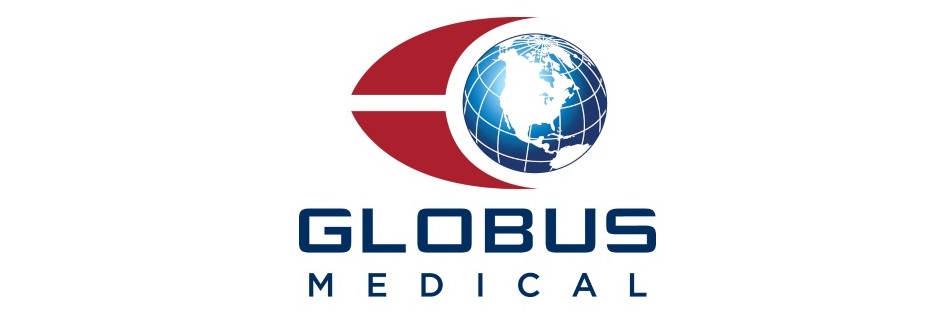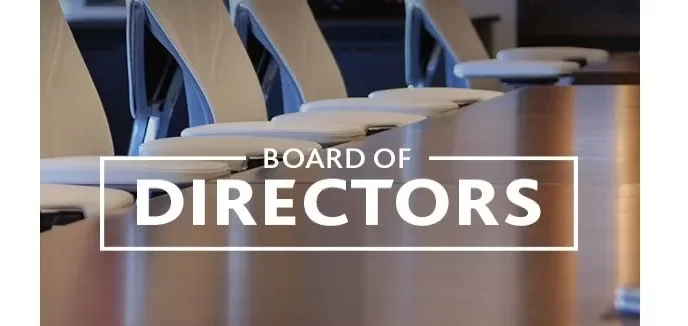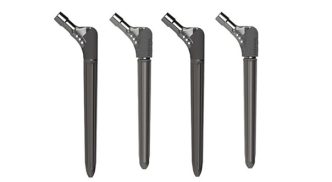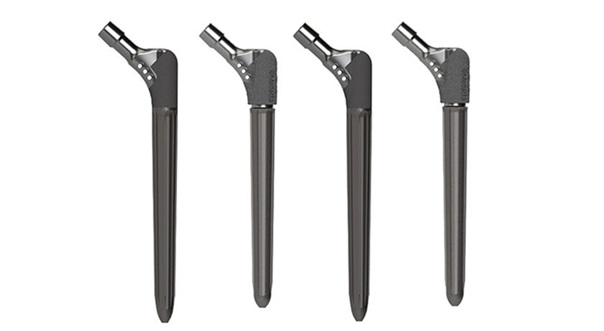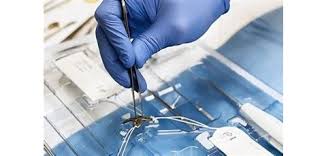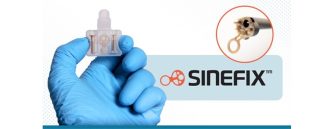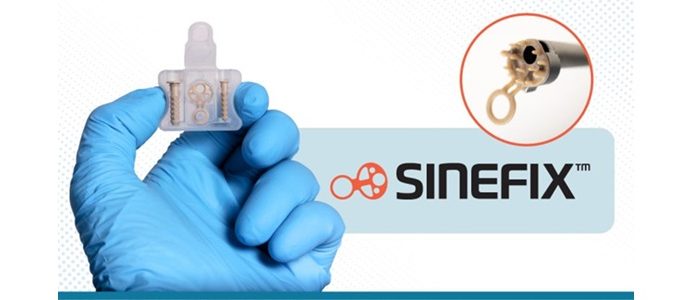GAINESVILLE, Fla. , Oct. 17, 2024 /PRNewswire/ — Exactech, a global medical technology leader, announced today a major milestone – surpassing more than 50 research publications and presentations demonstrating the power of its Newton® Knee technology. The company’s Newton Knee technology combines a patented ligament-driven balancing technique with ExactechGPS® to provide surgeons with dynamic soft tissue analytics, pre-resection insights and personalized planning for balanced total knee replacement.
“Exactech is raising the bar on what is possible with its Newton ligament-driven technology,” said James Huddleston, MD, 2024 president of AAHKS and orthopedic surgeon at Stanford University. “From our early results, we are seeing improved patient outcomes with Exactech’s Newton technology, and also more precise knee balancing. This innovation is transforming how we approach total knee replacement surgery, giving surgeons the tools to provide personalized care that is designed to lead to better mobility and quality of life for our patients.”
This significant body of research was led by prominent orthopedic surgeons and researchers and includes peer-reviewed papers and presentations at major industry conferences, providing clear evidence supporting the performance of Newton Knee balancing technology.
The top five key findings include:
Improved Clinical Outcomes: Perhaps the most compelling finding is the proof of superior clinical outcomes using the Newton Knee technology, including improved postoperative Knee Society Knee and Function scores when compared to traditional navigated gap balancing methods.1
Consistent Force: One of the differentiators of the Newton ligament-driven balancing technique is its unique ability to maintain a quasi-constant distraction force to the medial and lateral compartments independently2, and by combining with GPS, enable the acquisition and prediction of joint laxities under a force-controlled environment.
Superior Reliability: Compared to manual approaches, the Newton Knee technology has demonstrated superior reliability in acquiring laxity measurements when used in conjunction with GPS.3 This enables the set-up of optimal surgical planning and execution, with a goal of improved patient outcomes.
Improved Gap Balance: Exactech’s Newton Knee technology has shown a remarkable ability to achieve mediolateral gap balance more effectively than conventional techniques.4-5 Soft-tissue balance is a critical factor in ensuring joint stability and balance during patients’ full range of motion post-surgery.6
High Accuracy: Large global studies have confirmed GPS’ ability to deliver the planned resections with high accuracy within 1mm.7 This precision in execution is key to achieving optimal alignment in total knee replacement surgeries.
“We are thrilled to see how Exactech’s Newton knee balancing technology is enabling personalized arthroplasty,” said Laurent Angibaud, Exactech Vice President of Development for Advanced Surgical Technologies. “The findings from this substantial body of evidence confirm what we have always believed: that ligament-driven balance represents the future of total knee surgery, offering precision, reliability and improved outcomes.”
As part of Exactech’s Active Intelligence® (AI) platform, the Newton Knee technology features data-rich, cost-effective innovations designed to improve patient outcomes. For more information about Newton or to explore the latest data, visit www.NewtonKnee.com.
About Exactech
Exactech is a global medical technology leader that empowers orthopaedic surgeons with innovative implants, surgical instruments and the Active Intelligence® (AI) ecosystem of smart technologies to give patients EXACTLY what they need to regain mobility. Visit www.exac.com for more information and connect with us on LinkedIn, Vumedi, YouTube, Instagram and X.
References
- Rueff M et al. Intraarticular Quasi-Constant Force Tension in Total Knee Arthroplasty Regardless of Joint Gap and Knee Size. EPiC Ser. Health Sci., vol. 5, EasyChair; 2022, p. 154–7. https://doi.org/10.29007/9217.
- US patents #11,278,338, #11,944,365, and #11,950,820
- Valtanen RS et al. Improved Clinical Outcomes with Dynamic, Force-Controlled, Gap-Balancing in Posterior-Stabilized Total Knee Arthroplasty. J Arthroplasty. 2024;0. https://doi.org/10.1016/j.arth.2024.02.022.Angibaud L et al. Reliability of Laxity Acquisitions During Navigated Total Knee Arthroplasty – Comparison of Two Techniques. EPiC Ser. Health Sci., vol. 5, EasyChair; 2022, p. 1–4. https://doi.org/10.29007/j23w .
- Angibaud L et al. Improved Mediolateral Gap Balance Achievement with Instrumented Navigated Total Knee Arthroplasty Compared to Conventional Instrumentation. EPiC Ser. Health Sci., vol. 5, EasyChair; 2022, p. 5–9. https://doi.org/10.29007/4lwm.
- Fan W et al. Gap Balancing Throughout the Arc of Motion with Navigated TKA and a Novel Force-Controlled Distractor: A Review of the First 273 Cases. J Arthroplasty. 2023;0. https://doi.org/10.1016/j.arth.2023.03.011.
- Gustke KA et al. A targeted approach to ligament balancing using kinetic sensors. J Arthroplasty 2017;32(7):2127-2132.
- Yifei D et al. Accuracy and precision in resection alignment: Insights from 10,144 clinical cases using a contemporary computer-assisted total knee arthroplasty system. The Knee. 2020 Jun;27(3):1010-1017.
SOURCE Exactech, Inc


